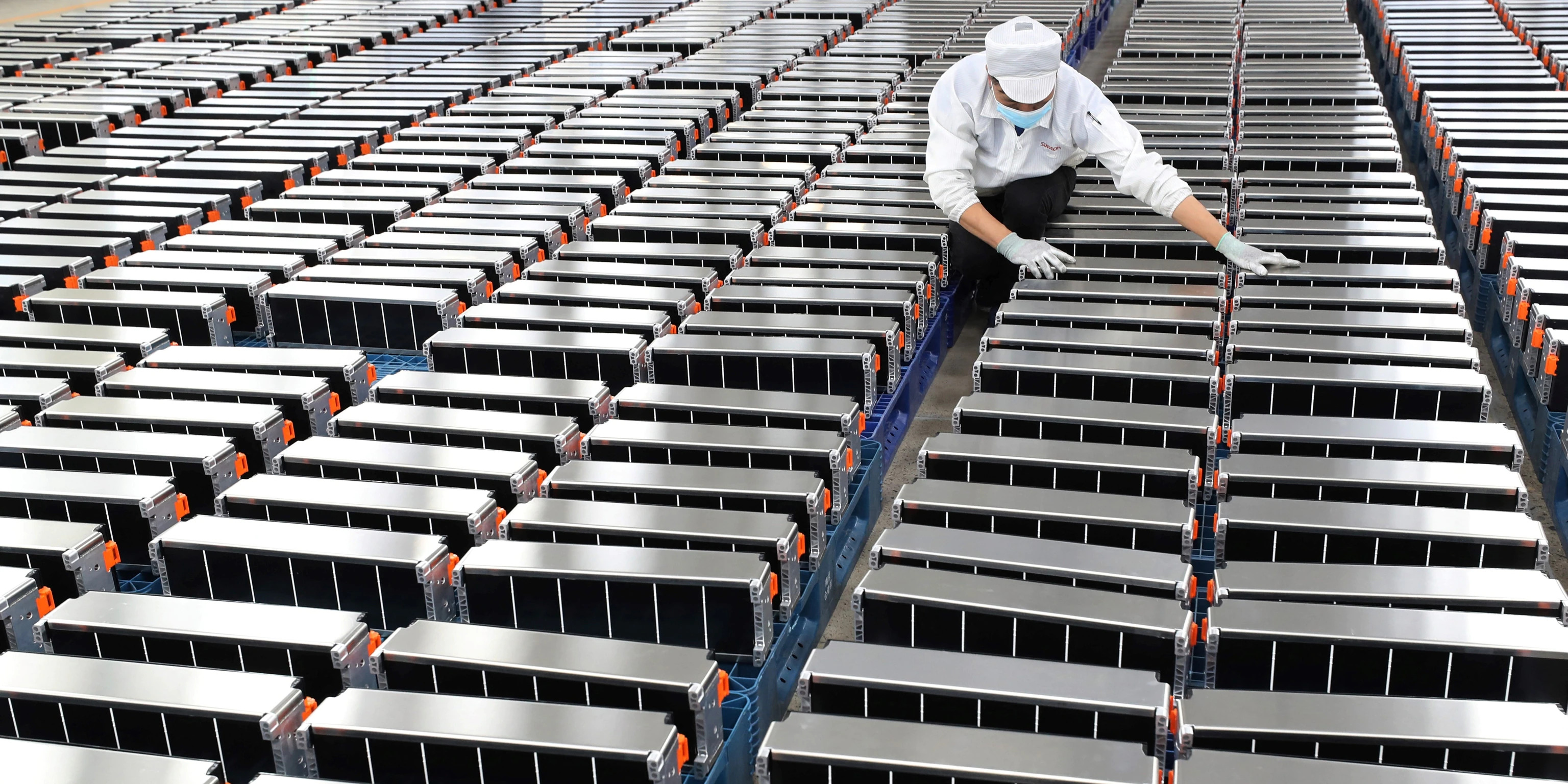According to the International Energy Agency (IEA), over a 100 million electric vehicles (EVs) will be cruising the world’s roads by 2030.
While this is good news for our climate and net-zero targets, the battery pack powering EVs — once a feat of engineering — are now a ticking time bomb when their juices run dry.
Once the battery reaches its end of life, gone are its green credentials. Instead, the world is left with a fire hazard and a piece of toxic waste that releases heavy metals into landfills.
Without a way to safely recycle these batteries, the EVs destined to save Mother Earth could very well turn into an environmental disaster.
The problem with EV batteries

Recycling lithium-ion batteries is not an easy task.
For a start, cracking open EV batteries is time-consuming and requires specialised technical skills. Tesla batteries, for instance, are famously held together by an almost indestructible polyurethane cement.
Next, in order to extract valuable minerals like cobalt and nickel from the tightly welded cells, recyclers have to shred the batteries and break them down further with heat (pyrometallurgy) or chemicals (hydrometallurgy).
Both methods are extremely energy-intensive and can only be performed at specialised facilities. Moreover, the small quantities of recovered minerals make the process uneconomical for car manufacturers.
To make recycling batteries less of a challenge, EV manufacturers should start designing batteries with recycling in mind. Blade Battery, a single-cell battery released by BYD — which can be inserted and removed easily like a blade without glues and wires — is one such innovation.
In addition, we need to change the way we view recycling. It should not just be a process focused on extracting precious raw materials. Instead, the industry could collaborate and try coming up with ways to build a circular economy for EV batteries.
After all, the raw materials used to make EV batteries are not infinite. Furthermore, it definitely does not make sense if a rising adoption of electric cars leads to more environmental destruction when mining raw materials or recycling batteries.
Getting a head start with recycling

EV batteries in Singapore will reach their end of life by the next decade. Recognising this, the government has begun building the necessary infrastructure to develop innovative technologies in battery recycling.
For a start, e-waste recycling giant TES has opened Southeast East Asia’s first battery recycling plant in Singapore.
According to TES, its proprietary battery recycling technology will allow it to extract more than 90 per cent of precious metal from lithium-ion batteries with minimal pollution.
Besides facilities to recycle batteries, the local startup scene is also abuzz with exciting ideas. All of which are aimed at increasing the sustainability of EV batteries.
GenPlus, an energy storage firm, provides EV batteries with a second life by repurposing them for reuse. Meanwhile, NEU Battery Materials is another local startup that has developed an environmentally friendly process to extract lithium from used batteries.
As more EVs enter the market, there will be an increasing sense of urgency to regulate the recycling of EV batteries. Even though Singapore is still many years away from a battery overload, it will serve us well to start thinking about what we plan on doing with them.
Featured Image Credit: AFP/Getty via National Geographic








